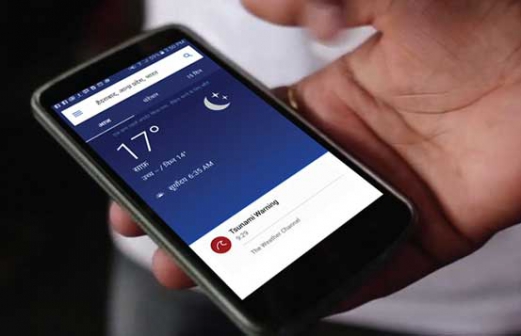×
The Standard e-Paper
Smart Minds Choose Us

NAIROBI, KENYA; Weather affects every area of the economy, and analysing it can help both consumers and organisations make better decisions.
In fact, weather is the largest external swing factor in business performance. Variations in conditions are responsible for nearly $500 billion in economic impact in the U.S. alone each year, according to the American Meteorological Society.